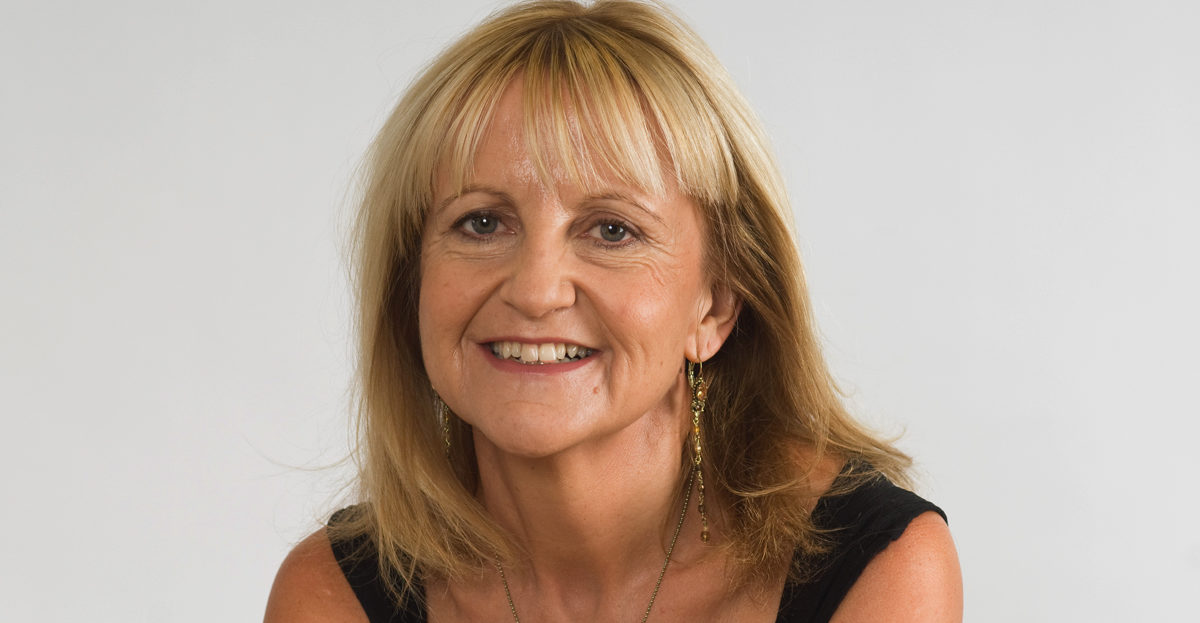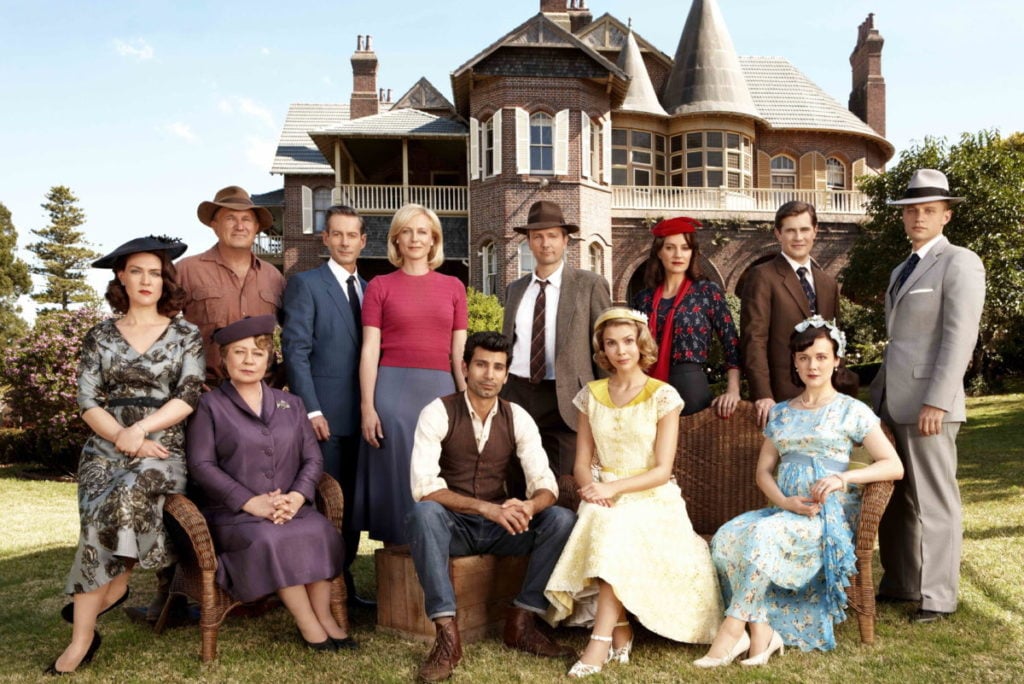There would be few better global television rights salespeople than Cathy Payne. She has survived the mergers of several production and distribution businesses over the years, each time being the executive chosen to run the combined distribution businesses of the two companies. The Australian now heads up one of the biggest global distribution businesses, with aims to be the biggest.
The most recent of those mergers was the merger of Shine and Endemol in late 2014. “I was appointed to run the distribution business of the new combined entity,” Payne told Mediaweek. “In the last two years I have worked on the integration of those two businesses. We are responsible for selling Endemol Shine International, we sell Endemol productions and also programs from third parties.”
“We are the second-biggest distributor outside of the Hollywood studios, behind only the BBC. I aim to ensure we become #1”
She is clearly proud the way the business has grown over the years. “At heart we were an Australian distribution company that has taken it to the world. We are the second-biggest distributor outside of the Hollywood studios, behind only the BBC. I aim to ensure we become #1.”
Payne was visiting Australia last week and she noted she is usually back here around three times a year. Her stops last week included the Screen Forever Conference, which is where Mediaweek spent time with her.
Ask about the key Aussie content being offered to buyers around the world and she starts with a list of some of Seven’s best-known content including Home and Away, My Kitchen Rules and A Place To Call Home. “We have also always represented Nine product – either content they have made or via independents like McLeod’s Daughters and The Block. We also have other indie producers from Australia on our books.”
In terms of staff working on the Endemol Shine Business, Payne noted they have close to 40,000 hours in their active catalogue. “We have 73 people in our division and we are located in nine different cities in eight countries.”
Head office is London and other offices can be found in Sydney, Mumbai, Singapore, Moscow, Paris, Sao Paulo, Miami and Los Angeles.
“That is just the distribution offices. In Endemol Shine we have operations in 30 countries.”
Payne explained she was a great believer in having local people doing local business. “It is key to have people in the market who are there all the time. It is a big business these days.”
During her days as a sales director Payne’s road trips used to take her to Latin America, Asia, North America and elsewhere.
“It is still necessary for me to travel quite a bit, especially to America,” she said. “Distribution is so integrated to all our productions around the world. We get involved in financing strategies, what type of product I’ll be looking for – not only to produce creatively, but where do we make a business from it.
“Our group head office is Amsterdam so I am also there quite a bit. I try to get to a number of the territories every year and this year I got down to Mumbai. We produce a lot of product in India and it is such an amazing market.”
Although the production and distribution businesses support each other they don’t always end up working together. “We like to represent their product, but we don’t have to finance if it doesn’t feel right.”
Most non-scripted product doesn’t involve financing and the revenue comes from selling the finished product or format sales. Scripted however is very different and financing can be a key part of the sales role. “There has never been a time when there have been more people to sell a scripted show to, but in some ways it is harder to get a show away.
“The benchmark is high, product has to be ambitious to cut through and budgets can be big. At the same time the contribution from the primary broadcaster hasn’t moved. For some projects we may decide to underpin the full risk, or it may be at a level where we want to bring someone in earlier.”
When asked if there was too much content being made, Payne didn’t think so. But she noted viewers are very choosy and know what they want. “The content has to be something special to meet a need for them to make a commitment to stay with a show during the early stage of sampling that content.”
As to possible overuse of the word “premium” drama, Payne responded: “Drama is a bit like wine. The audience will only like what works for them. There is some great premium drama and there is certainly a market for that.
“But there is also a market for what I call cheese on toast drama – it has a broader audience and can travel well. Sometimes you can make better returns on that.
“Just because there might be a lot of premium drama content it doesn’t stop broadcasters like ITV and BBC One commissioning broad audience product that travels very well.”
Payne noted there’s possibly no such thing as content that can be branded an “easy sell”. However, when changing the subject to her most successful shows she has a list.
“In terms of Australian product no doubt the best-selling show we have ever had is McLeod’s Daughters, which remains on air in lots of markets. It was broad audience, it looked good and it knew what it was. It played predominantly on cable or non-primetime.
“In a way it is not dissimilar to the success Seven is having with A Place To Call Home, which is doing very well even in markets like America on PBS. It may not be the type of storytelling everyone wants to tell, but there is a market for it.
“In more recent times we had success with Humans (series two has just started on the ABC here). It was the adaption of a Swedish show called Real Humans. When Kudos started making it a lot of people immediately said it is a sci-fi show because the original was. The adaption had elements of the future and robots, but we were very clear that it was a relationship drama and that decision worked very well for us.”
Payne doesn’t like getting content out too early where buyers can only watch it on a laptop. “We like to present previews at the best time in the best way and create something of an event around the screening. We will hire a cinema and have people come along and see it.”
She said there was nothing worse than hearing from the producers that it gets really good around episode four. “Something big has to happen fairly soon after it starts.”
For the future Payne and her teams are working on a lot of new scripted product that was introduced recently at Mipcom.
“We have a great new factual show called Ambulance which we made for BBC One – an ob doc on the London ambulance service. It did very, very well for the BBC and they have just renewed it again.
“We also have a UK series called Hunted which examines whether it is really possible for someone to go off the radar. We have done two seasons for Channel Four and we have a US version launching on CBS next year. The broadcaster is very excited and it is a big-budget production.”

